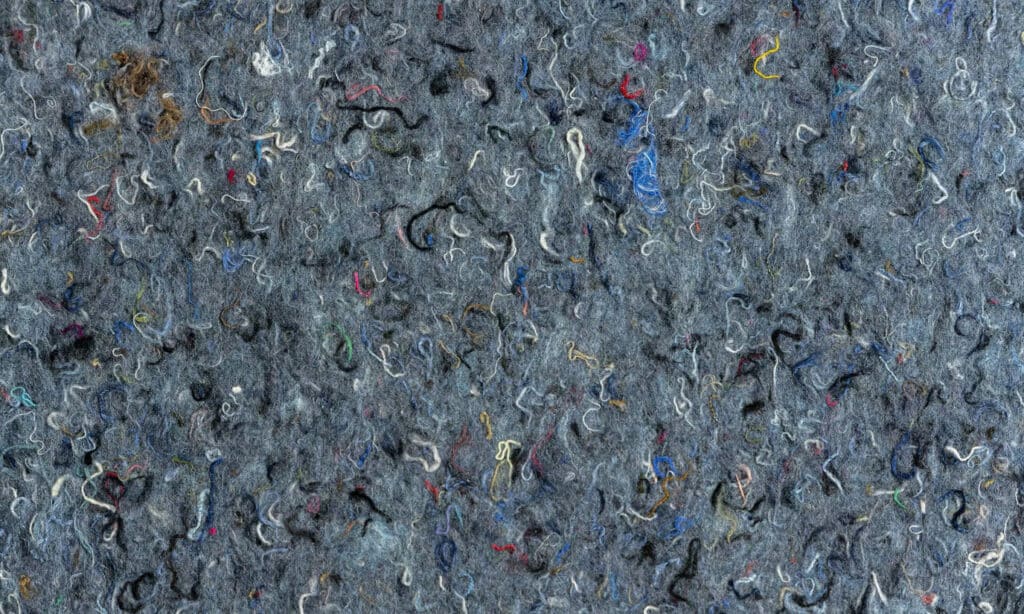Natural fibers, derived from plant and animal sources, play a significant role in various sectors, offering eco-friendly alternatives to synthetic materials. Cotton, one of the most prevalent natural fibers, is valued for its breathability, softness, and moisture-absorbing properties. It is a cornerstone of the textile industry, used in clothing, bedding, and a range of other products.
Jute, known for its robustness and biodegradability, is a staple in packaging materials, especially for sacks and bags. Hemp, with its durability and versatility, is gaining popularity in textiles, cordage, and even sustainable construction materials.
Flax, often spun into linen, combines strength with a natural luster, making it a preferred choice for high-quality textiles. Coconut coir, extracted from coconut husks, is used in products like doormats and erosion control mats.
In the construction industry, natural fibers are incorporated into composites to enhance strength and reduce environmental impact. These fibers also have applications in the automotive sector, reinforcing materials while reducing the overall weight of vehicles.
As sustainability and environmental concerns continue to grow, industrial natural fibers are becoming increasingly attractive due to their renewability, biodegradability, and reduced carbon footprint. Their versatility across a multitude of industries showcases their importance in transitioning to more eco-conscious manufacturing processes.







